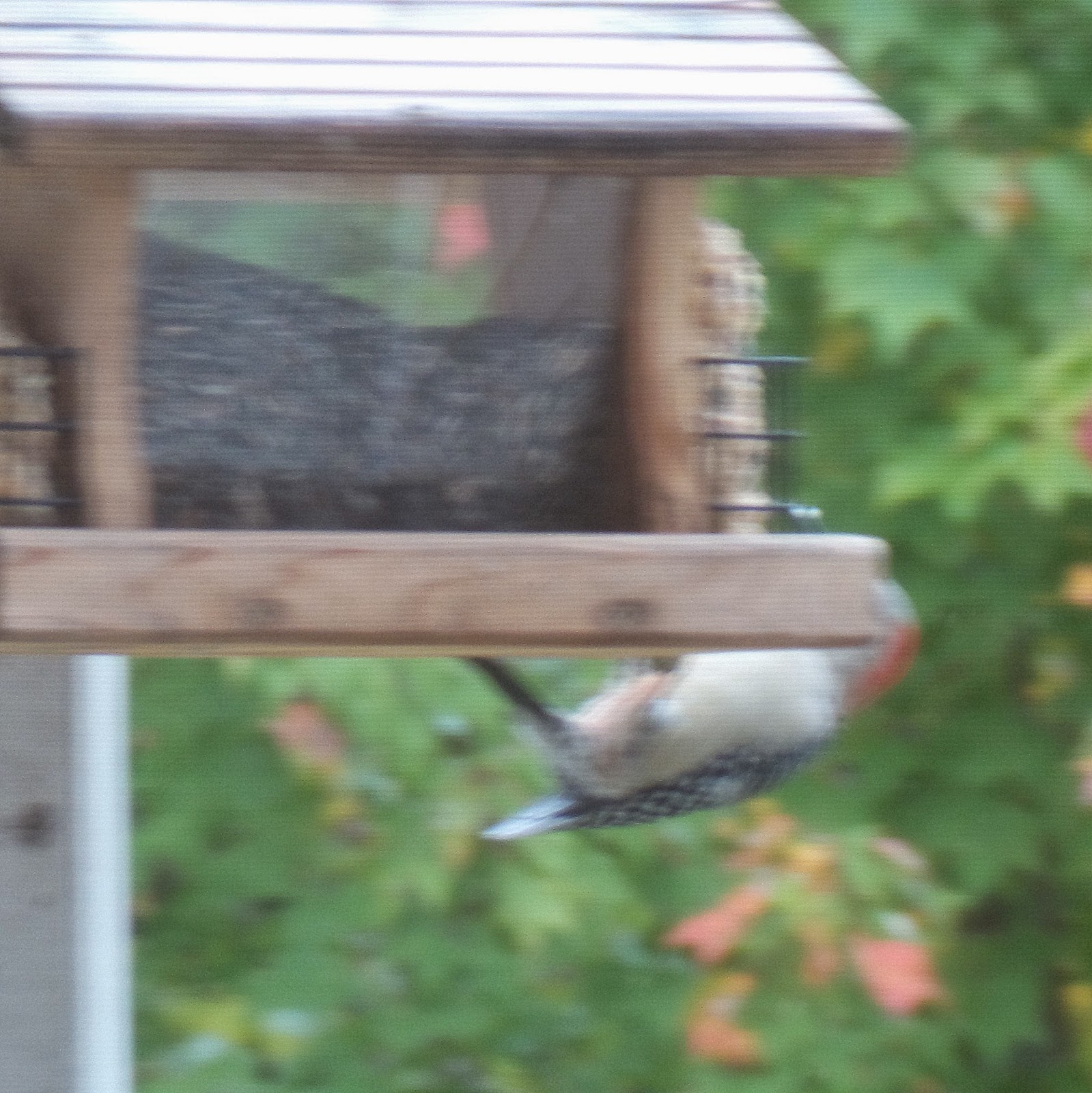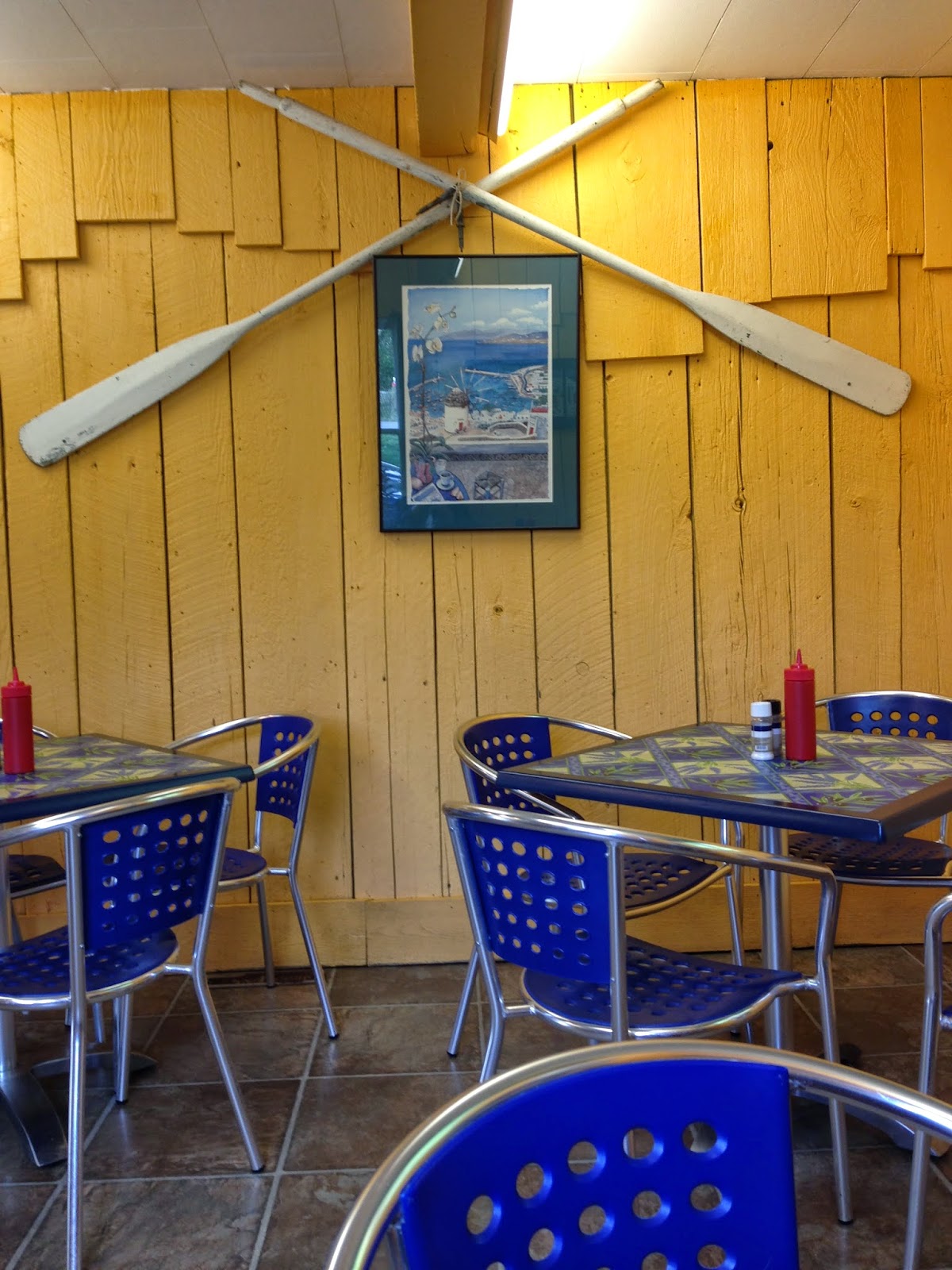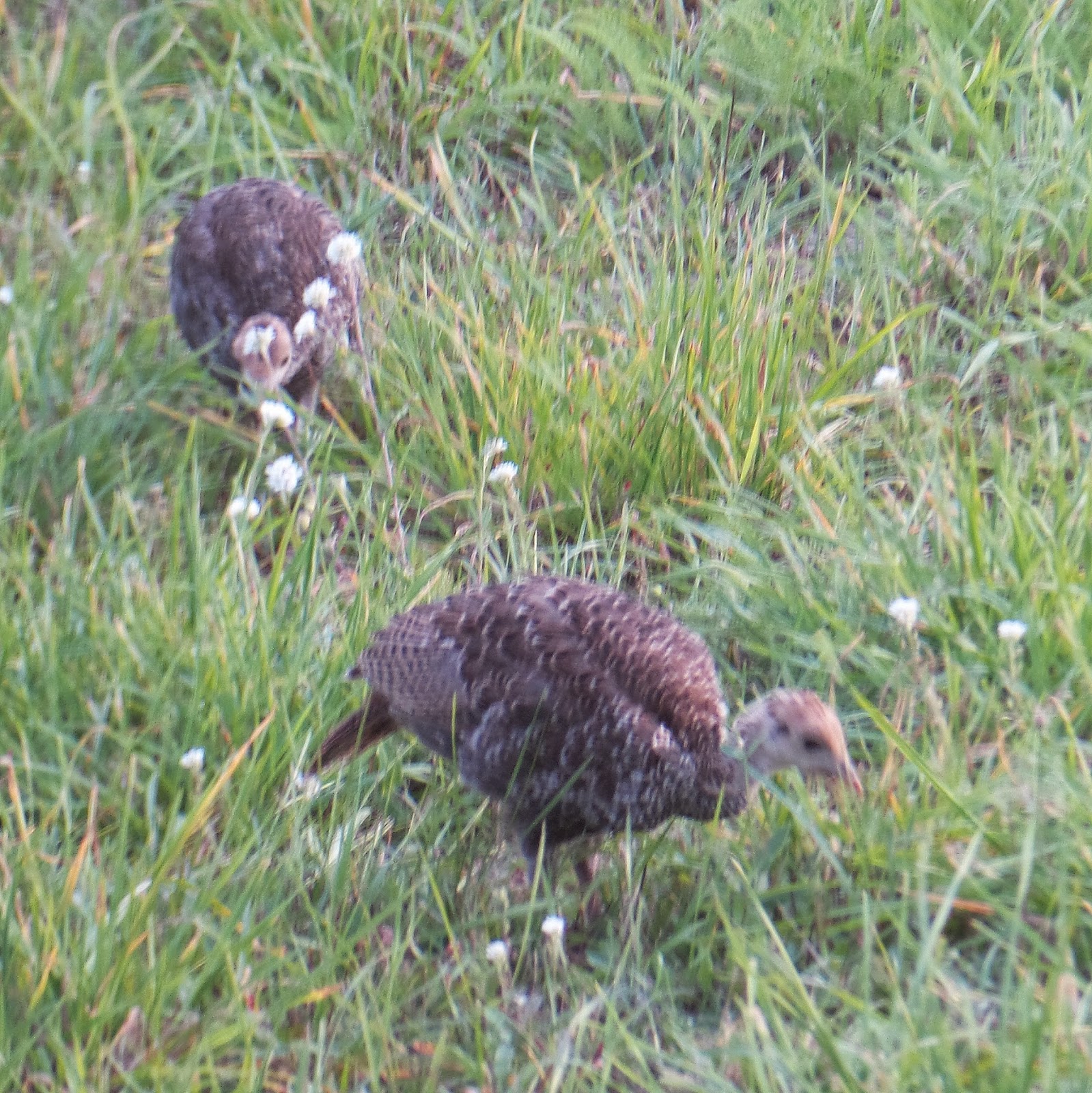Autumn is clearly begun. This is the meadow south of the house;
we often see deer and turkeys and sometimes other wild things here.
In the morning they move from right to left
and in the late afternoon from right to left.
We assume that they are going to shelter
in the woods for the night.
we often see deer and turkeys and sometimes other wild things here.
In the morning they move from right to left
and in the late afternoon from right to left.
We assume that they are going to shelter
in the woods for the night.
Autumn Birds
The wild duck startles like a sudden thought,
And heron slow as if it might be caught.
The flopping crows on weary wings go by
And grey beard jackdaws noising as they fly.
The crowds of starnels whizz and hurry by,
And darken like a clod the evening sky.
The larks like thunder rise and suthy round,
Then drop and nestle in the stubble ground.
The wild swan hurries hight and noises loud
With white neck peering to the evening clowd.
The weary rooks to distant woods are gone.
With lengths of tail the magpie winnows on
To neighbouring tree, and leaves the distant crow
While small birds nestle in the edge below.
John Clare (1793-1864)
John Clare loved and observed the birds in his part of Britain; he wrote about them many times. One of the distinct pleasures of reading John Clare is to delight in his antique and regional spellings and words, that are nevertheless quite understandable to the modern reader willing to make a very slight effort. For nearly 100 years, editions of his poetry would "fix" what editors regarded as a problem; now poems are printed in much more the way they were written. A good place to start would be Carolyn Kizer's edition The Essential John Clare, Ecco, 1995.
A bird that is not mentioned in the poem above is the Red Bellied Woodpecker. Today, I managed to get this one blurry shot before he flew. This is the first time I have seen him this year. A suet-fan of course. I've thought it was funny that this is another of the birds who seems to have gotten his name from a specimen which had been shot to examine. One bird book says the belly has a pinkish cast; another says it is "buff-colored." And you might be excused for thinking as it flew over your head that is was snowy white. And it is clearly a woodpecker. The red streak that runs down the back of his head is a large and vivid streak of pure red.




































